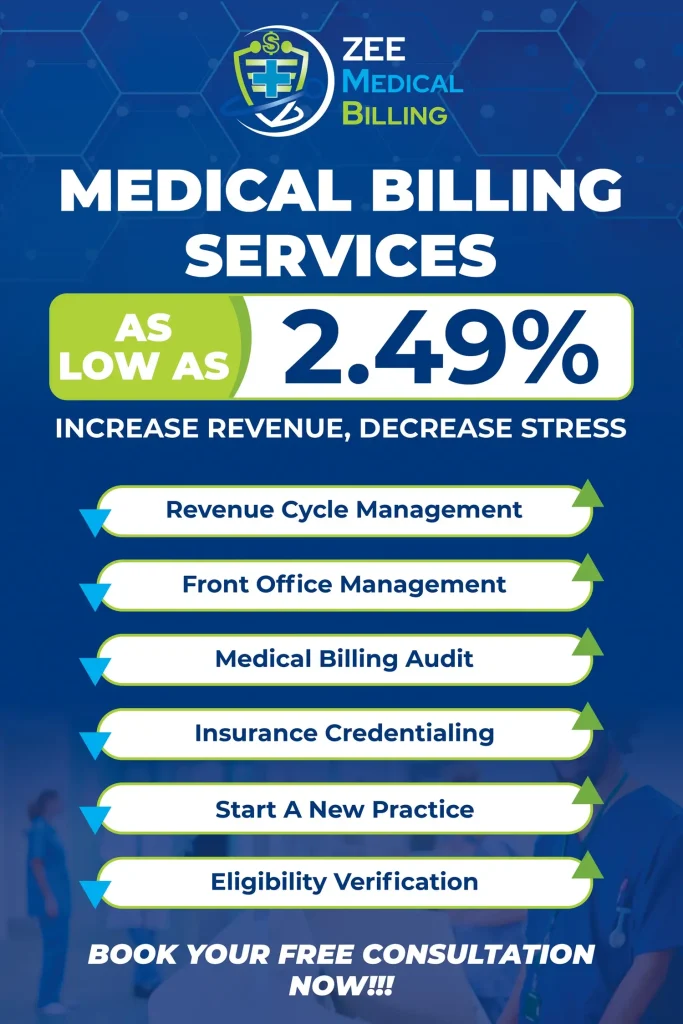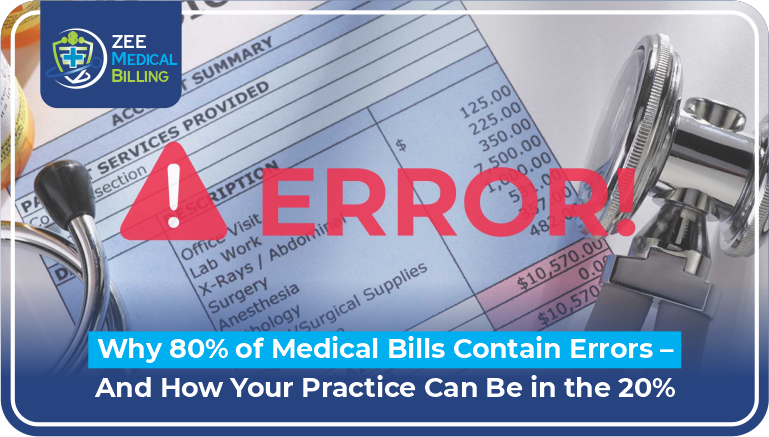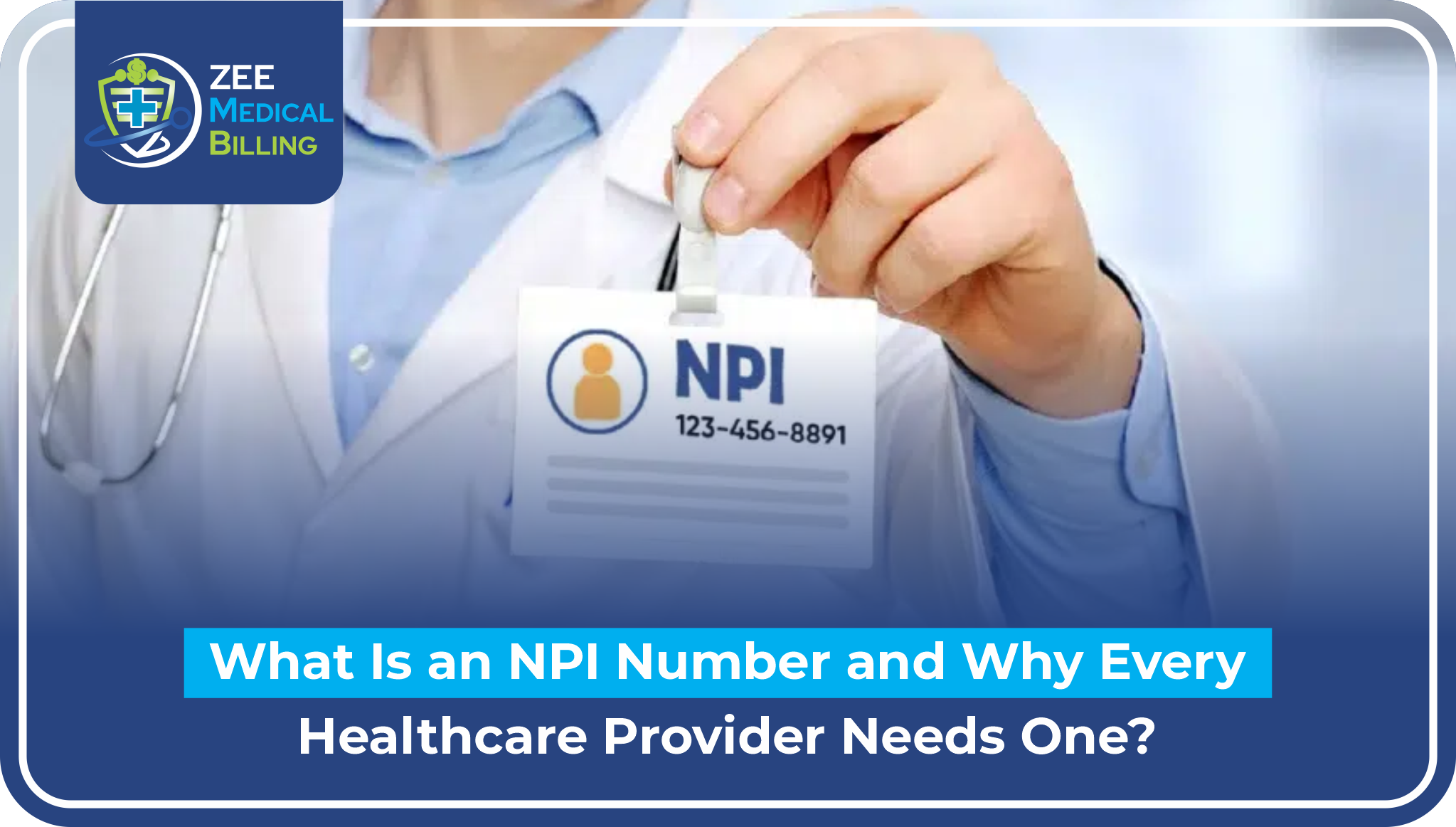Modifier 24 is one of the more complex but critical CPT modifiers used in medical billing. This applies to Evaluation and Management (E/M) services. The sentence shows that a service provided after surgery does not relate to the surgery performed.
Modifier 24 tells the payer: “Yes, this patient is in a post-op period. However, today’s visit is for a different and necessary medical issue.” This ensures that the provider receives proper reimbursement for unrelated care during a global period.
What Is Modifier 24?
Modifier 24 Description: Unrelated evaluation and management service by the same physician or other qualified healthcare professional during a postoperative period.
A provider adds this CPT modifier to an E/M code, such as 99213, when the visit is not related to any past procedure. This is important for receiving payment. Providers usually group services during a global period together unless they state otherwise.
Also Read: What Does Modifier 26 Mean in CPT Medical Coding?
24 Modifier Definition
- CPT Modifier 24: Used only on E/M codes.
- Applied by: Same physician or qualified provider.
- Timing: During the postoperative (global) period.
- Purpose: Indicates that the reason for the visit is unrelated to the original procedure.
When Should You Use Modifier 24?
Here are the key scenarios where Modifier 24 should be used:
- Unrelated diagnosis: If the E/M service addresses a new or unrelated condition.
- Unrelated body system: The visit pertains to a completely different anatomical site.
- Distinct clinical issue: The condition requires separate evaluation and management not related to the original surgery.
For example, a patient had knee surgery and later came in for a skin rash. The provider can append Modifier 24 to the rash evaluation to ensure correct reimbursement since it is unrelated.
Common Misuse of Modifier 24
Many denials occur because of the misuse of this modifier. Here’s what NOT to do:
- Don’t use Modifier 24 for post-op complications—those are related.
- Don’t apply it to procedures—Modifier 24 is only for E/M services.
- Don’t forget to document the unrelated diagnosis properly.
Documentation Requirements for Modifier 24
To ensure clean claims and minimize denials:
- Clearly document the reason for the visit.
- List a different diagnosis code than the surgical procedure.
- Include clinical notes to explain the necessity of the service.
Insurance reviewers look for strong evidence that the visit is medically necessary and distinct from the post-op care.
Modifier 24 vs Modifier 25: Key Differences
| Feature | Modifier 24 | Modifier 25 |
| Use Case | Only during the post-operative period | Any time a minor procedure is performed |
| Timing | Can be the same or different | Separately identifiable E/M on the same day as the procedure |
| Diagnosis | Must be unrelated | Can be same or different |
| Used With | Only E/M codes | E/M codes alongside minor procedures |
Understanding the modifier 24 vs. modifier 25 distinction helps prevent coding errors that lead to denials.
Real-World Example of Modifier 24 Description
Example:
Dr. Smith performs cataract surgery on a patient’s right eye. Ten days later, the same patient returned with a complaint of persistent headaches. Dr. Smith performs a separate E/M evaluation for the headaches unrelated to the eye surgery. Here, we bill CPT 99214 with Modifier 24.
Correct Claim:
- CPT Code: 99214-24
- Diagnosis: R51 (Headache)
- Procedure: Unrelated to prior cataract surgery
This scenario is a textbook example of when Modifier 24 should be used.
Also Read: Modifier 25 in Medical Billing: Simple Guide & Use
Steps to Properly Apply Modifier 24
- Verify Global Period: Confirm that the service date is within the global period.
- Assess Medical Necessity: Ensure the condition is clinically unrelated.
- Append Modifier: Add -24 to the E/M code.
- Use Appropriate Diagnosis Code: Different from that of the procedure.
- Include Documentation: Add supporting notes for payers.
Can You Bill Modifiers 24 and 25 Together?
Yes, but only in rare cases.
You might use both modifiers when:
- A patient comes in during a post-op period.
- The provider performs an unrelated E/M (Modifier 24).
- On the same day, the medical team does a minor procedure. This procedure needs a separate E/M (Modifier 25).
Always check payer-specific rules, and documentation must support both.
FAQ
1. What is the primary purpose of Modifier 24?
Modifier 24 is used to bill for an E/M service. This service happens during a global post-operative period. It must be completely unrelated to the surgery. It helps distinguish medically necessary services that should not be bundled with the surgical global period, ensuring providers are appropriately reimbursed.
2. How do I know if the service is truly unrelated?
Look at the diagnosis and clinical context. If the patient presents a complaint or symptom unrelated to the initial surgery, and a different ICD code can be supported with documentation, then Modifier 24 is likely appropriate.
3. Can Modifier 24 be used with procedures or tests?
No. Modifier 24 should only be used with Evaluation and Management (E/M) codes, not procedures, diagnostic tests, or surgeries. Misusing it on non-E/M codes will result in claim denials.
4. Do I always need a different diagnosis code for Modifier 24?
Yes, in most cases. The diagnosis for the visit should be different than the diagnosis related to the surgery. This separation helps support the claim that the visit was unrelated.
5. What if I don’t include proper documentation?
Failure to document thoroughly is one of the most common reasons Modifier 24 claims get denied. Always include clinical notes, medical necessity, and a distinct diagnosis to support the use of this modifier.
Conclusion
Modifier 24 is a powerful tool in medical coding, allowing providers to receive reimbursement for unrelated services performed during a post-op period. However, incorrect usage can easily lead to denials. The key is understanding when it’s appropriate to use, supporting it with strong documentation, and ensuring that it’s only applied to qualifying E/M services.
When used correctly, Modifier 24 not only preserves revenue but also supports ethical and accurate billing practices.


























